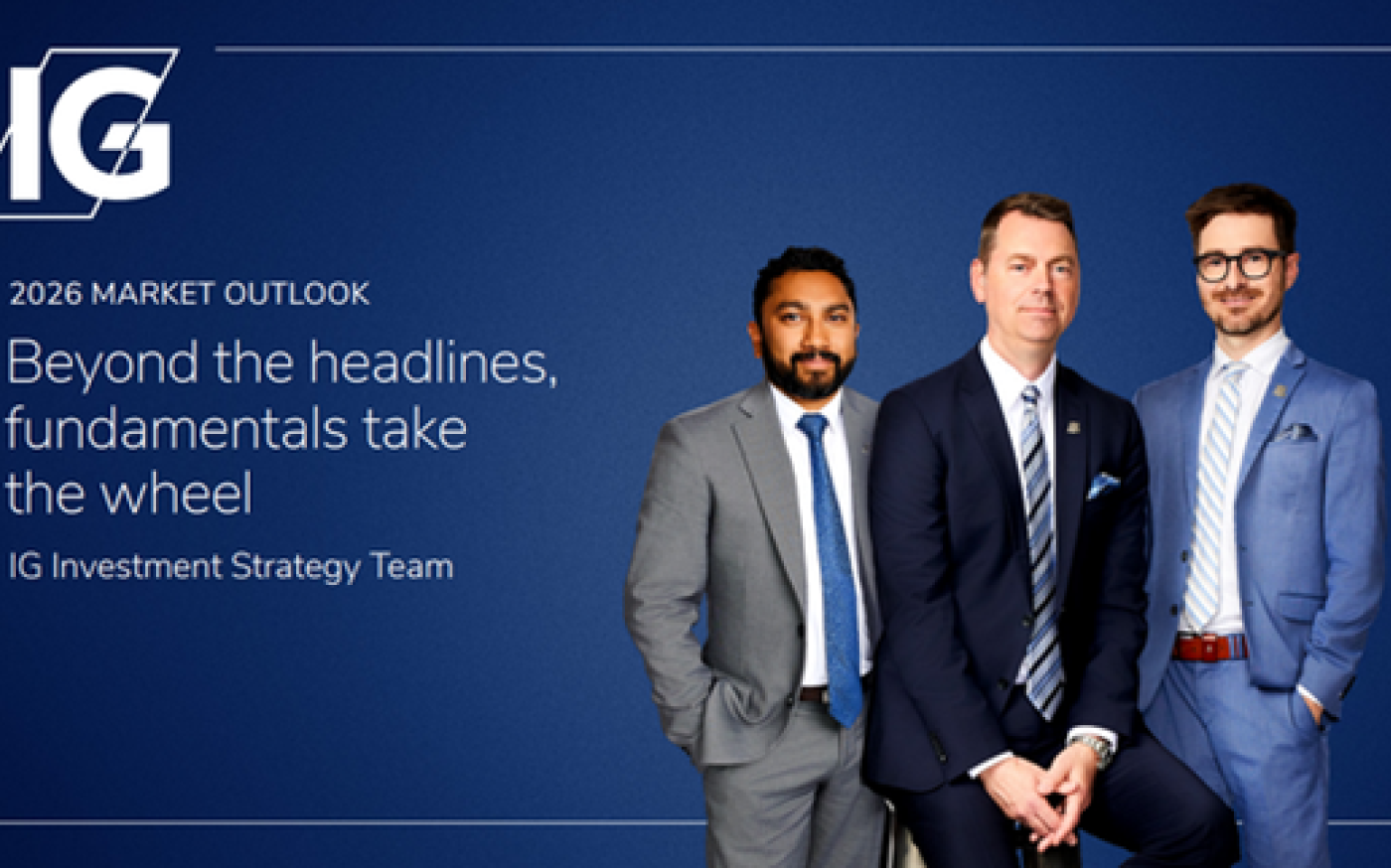As we turn the page to 2026, investors find themselves navigating a market that has defied expectations. The volatility of early 2025 — driven by geopolitical uncertainty and policy reversals — gave way to a powerful rebound, reminding us that fundamentals (the key principles of investing), not headlines, ultimately steer the course of markets. The recession fears have faded, replaced by signs of reacceleration across global economies. In this year’s outlook, we explore the forces shaping this new phase of the cycle and what they mean for investors seeking clarity amid the noise.
Did you know that over half of Canadians don’t have a will? And that number jumps to 70% for younger Canadians (aged 18-34) and 66% for those aged 35-54. This is even more surprising given that almost 60% of Canadians think they have a good level of estate planning in place.
While many Canadians understand the benefits of investment income and insurance, fewer know about strategies that combine the two. Find out how these strategies can boost investment growth, reduce risk and improve tax efficiency.
Selling a business is a significant decision, often marking the culmination of years, if not decades, of hard work, perseverance, and dedication. The process can be complex and emotionally charged, and being well-prepared is key to ensuring a smooth transition and achieving the best possible outcome. This article will provide a detailed checklist to help guide medium-sized business owners through the necessary steps in preparing for the sale of their business.
Some Canadians are fortunate enough to get great workplace benefits. These often include health and dental coverage, a company pension and company share ownership options. Another common benefit is company life insurance (known in the industry as group life insurance).
Over the next two years, almost half of all Canadian mortgages will come up for renewal. This is something that typically happens to most mortgage holders every five years or so.
When it’s time to retire, many Canadians have several sources of income. We look at which sources you should draw from first to help minimize taxes.
Getting your retirement plan right is crucial; you need to be confident that your money will last throughout your retirement, while giving you the standard of living you need. That’s why it’s important to have a solid financial plan and also dependable advice. There have been a number of myths about retirement planning circulating for years that can have a negative impact on your retirement plans. Let’s take a look at some of the more common ones and the reality that lies behind them.
As the March 1 RRSP deadline nears, many Canadians will, as they do every year, stash a last-minute lump-sum of cash into their retirement accounts. While it’s better to contribute before the deadline than not contribute at all, investing under pressure isn’t the best way to maximize your savings. “For a lot of a people, it’s a bit of a scramble at this time of year to make an RRSP contribution,” says Todd Sigurdson, IG Wealth Management’s Director of Tax and Estate Planning.
In response to the COVID-19 pandemic, employers have embraced an environment where employees work from home. With the opportunity to work from home, some Canadians are taking the opportunity to work from anywhere. For some that means working from the cottage or working from a foreign location. Before you switch from working from home to a location of your choice, there are a few things that you should consider.
With an increasingly aging population, issues around providing services, including financial advice to seniors, are becoming more important. While attention is often focused on funding retirement and wealth transfer to the next generation, susceptibility to fraud often goes unnoticed.
One important lesson from the COVID-19 upheaval of the past year is just how ill-prepared many Canadians are for any disruption to their finances. That has opened up a significant opportunity for the financial advisory industry to enhance its relevance and value by adopting a more holistic approach to financial planning and ensuring investors consider all aspects of their financial well-being.












